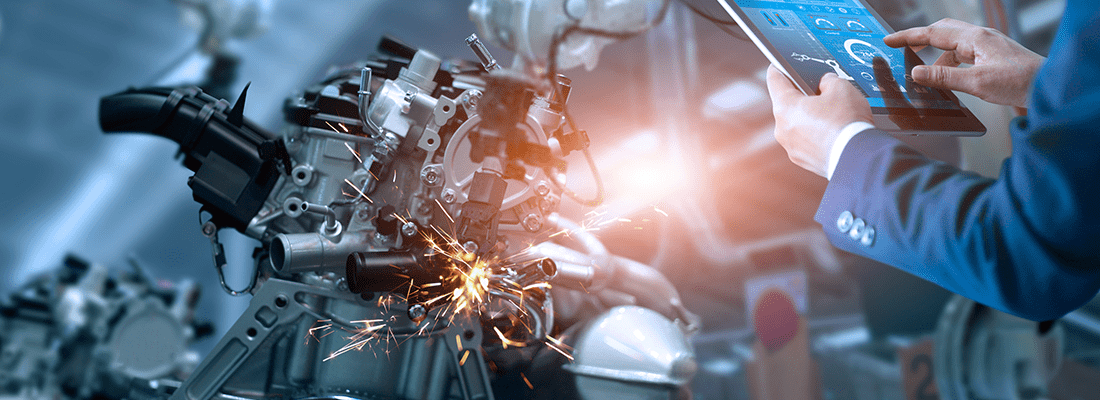The future of remanufacturing was under discussion at a conference in Germany which the organisers hope will be the start of a new development in future remanufacturing.
Organised by Wolfgang Gerke of Trier University and former APRA Europe chairman Fernand Weiland, the Symposium on Automated and Robotised Remanufacturing was endorsed by institutions such as Rematec, APRA and the European Remanufacturing Council.
Current and former APRA board members Soren Toft-Jensen, Ian Buxcey and Rolf Steinhilper participated and contributed actively to the success of the meeting, said Weiland.
At a panel discussion, together with Mike Hague-Morgan of Autocraft, they discussed what modern technology can bring to remanufacturing: larger volumes, higher quality and more efficient production. Automation can best start at core collection, cleaning, painting and autonomous inspection, they suggested – and it does not mean job reduction but, on the contrary, elevated to bigger volumes, remanufacturing can continue to generate jobs.
Steinhilper gave his expert thoughts on the automation of disassembly and cleaning, in particular the challenges and first solutions. Nigel Ramsden of Fanuc covered some of the issues around human-robot collaboration while Matthias Vette-Steinkamp of Zema Saarbrücken looked at possible applications of assistance systems for increasing flexibility in the assembly process.
One of the biggest challenges – but one which carries the highest reward - will be the future automation of those ‘not so clean’ and difficult jobs in disassembling. The universities present at the meeting – including the host, Trier University of Applied Sciences, as well as Bayreuth University and the University of Birmingham - are all committed to work on this unique challenge.
“The future of automation is a very attractive and exciting change in reman technology,” concluded Gerke. He insisted he is determined to continue to engage and encourage the reman industry to embrace it.






